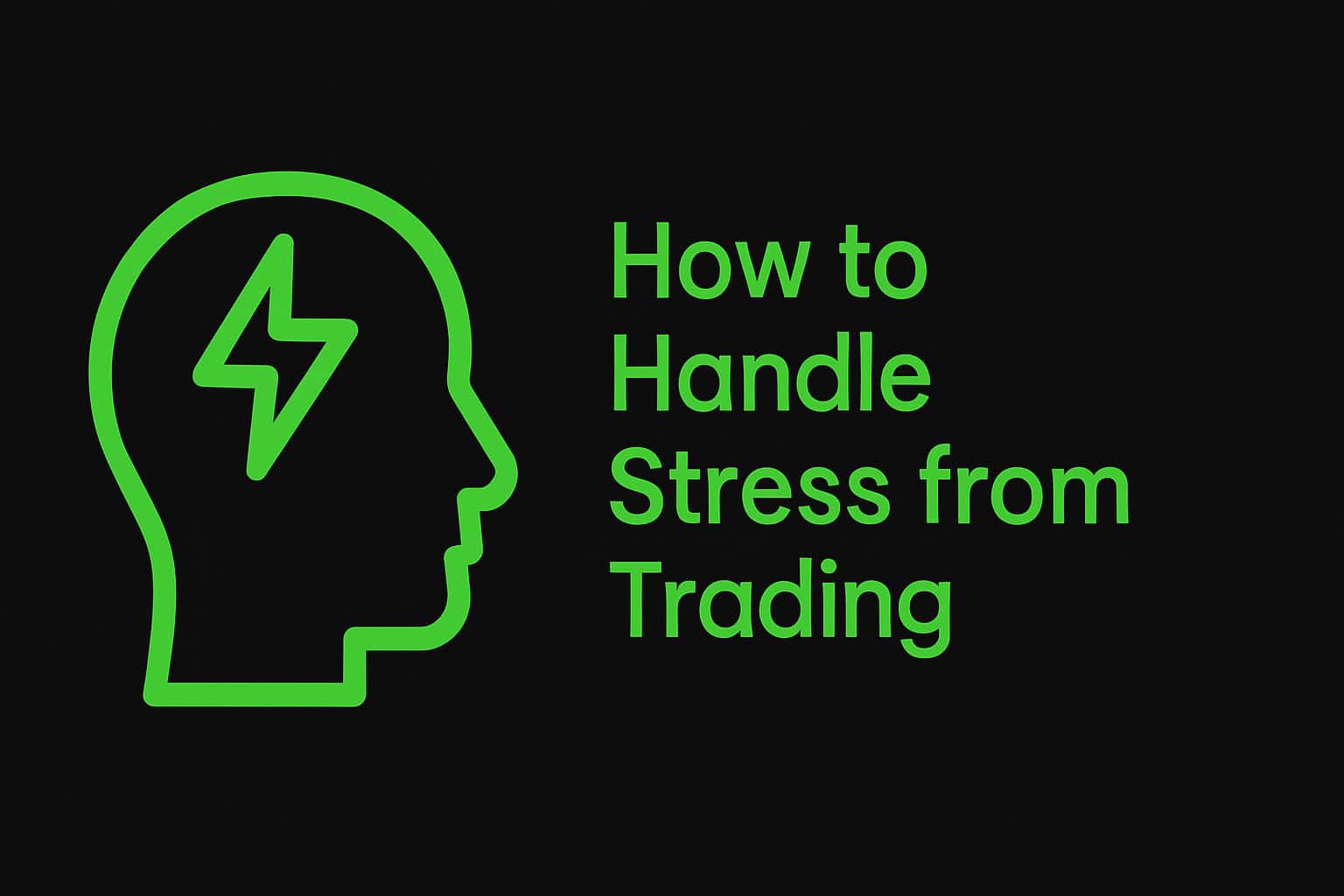
How to Handle Stress from Trading
Introduction: Trading Isn’t Just Numbers — It’s Psychological Warfare
Markets don’t just move prices. They move people.
Whether it’s the adrenaline of a win or the frustration of a loss, trading stress is one of the most common — and destructive — forces traders face. And unlike a bad strategy, stress can’t be solved with a chart.
It must be managed. Proactively. Intelligently. Consistently.
Why Trading Stress Is Different
Unlike traditional jobs:
- There’s no guaranteed income
- Every trade carries risk
- Outcomes can be emotionally charged
Add leverage, fast price moves, and capital exposure — and you have a perfect storm for anxiety, pressure, and fatigue.
📎 Understanding Trading Psychology – Investopedia
Common Signs You’re Under Trading Stress
- Overtrading or revenge trading
- Doubting your edge or plan after a loss
- Anxiety before clicking “Buy”
- Fatigue after short sessions
- Disrupted sleep from market thoughts
Stress doesn’t always shout. Often, it whispers in habits.
Top Causes of Trading Stress
- Unrealistic Expectations – Wanting fast profits with low experience
- Overleveraging – Too much size creates fear of loss
- Lack of a Plan – Uncertainty increases pressure
- External Pressure – Need to “prove yourself” or recover losses
- Isolation – No peer review or support
Recognizing the source is step one toward regaining control.
How to Manage and Reduce Stress in Trading
✅ 1. Trade Small Enough That Losing Feels Boring
This is the most underrated advice in all of trading.
If your position size is so large that a 1R loss feels like an emotional punch, you’re already in trouble. Great traders size down until the process matters more than the outcome.
✅ 2. Create Time Boundaries for Trading
The market is always open somewhere — but your mind shouldn’t be.
Successful traders define:
- Trading hours (ex: 9 AM to 11:30 AM)
- No-trade days (especially after big wins/losses)
- Pre-set weekly screen limits (ex: 15 hours max)
Your performance will improve when your brain knows when to engage and when to reset.
✅ 3. Build In Daily Physical Recovery
Stress is stored in the body, not just the brain.
Add simple daily habits like:
- 30-minute walks post-session
- 3–5 minutes of breathing before market open
- Cold showers or workouts
Small physical rituals help clear the fog and reduce internal pressure.
📎 How Exercise Reduces Stress – Mayo Clinic
✅ 4. Use a Trading Journal to Offload Mental Weight
A trading journal isn’t just about reviewing trades. It’s emotional release.
Include:
- Pre-trade emotions
- Post-trade thoughts
- Notes about hesitation or impulsivity
By transferring stress from brain → paper (or digital notes), you reduce internal rumination.
✅ 5. Accept That Stress Is Part of Growth
You can’t eliminate all stress — and you shouldn’t.
The goal is to manage, not erase. Top performers in every field feel pressure. What matters is:
- How you interpret it
- How you respond to it
- Whether you still execute your plan under it
Mindset Shifts That Help Handle Trading Pressure
- “Losses are tuition, not punishment.”
- “My job is to follow process, not to control outcome.”
- “One trade doesn’t define my ability or worth.”
These are not affirmations. They’re anchors.
Conclusion: Calm Isn’t a Trait — It’s a Skill
Trading success isn’t about having nerves of steel. It’s about building a system that protects your psychology while you perform under uncertainty.
The more structure, recovery, and realism you bring into your day, the less room stress has to grow.
And when stress does appear? You’ll be ready — because you’ll have trained for it.
🚀 I've been trading for more than two decades, and as you could imagine, in this time, I've tested a lot of brokers. However, there's one brokerage firm that has consistently stood out to me, and I wholeheartedly recommend it to fellow traders and investors - TradeNation.
Trade with my preferred broker, TradeNation! You can open an account HERE.
Find out why I chose this broker HERE!







